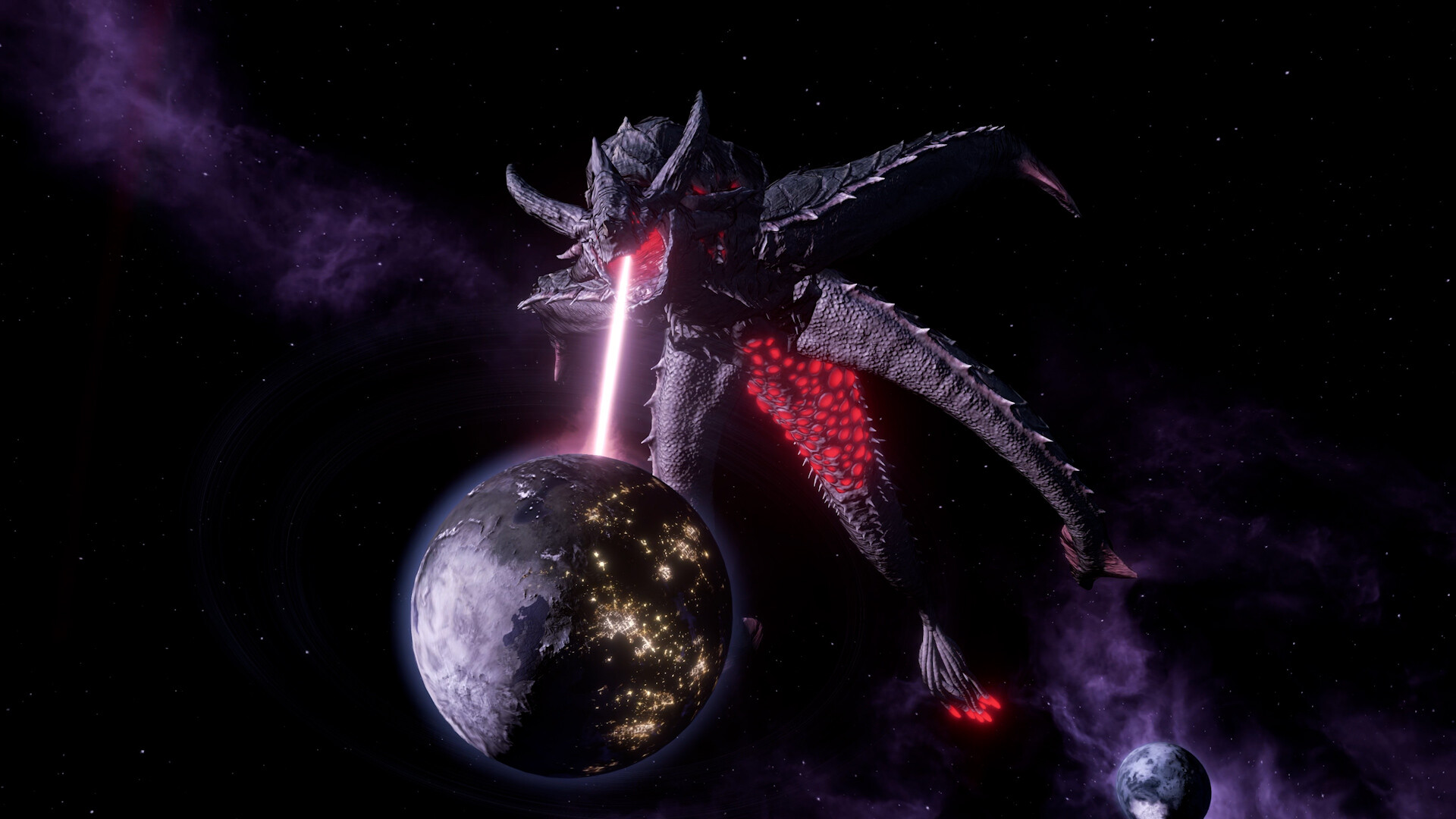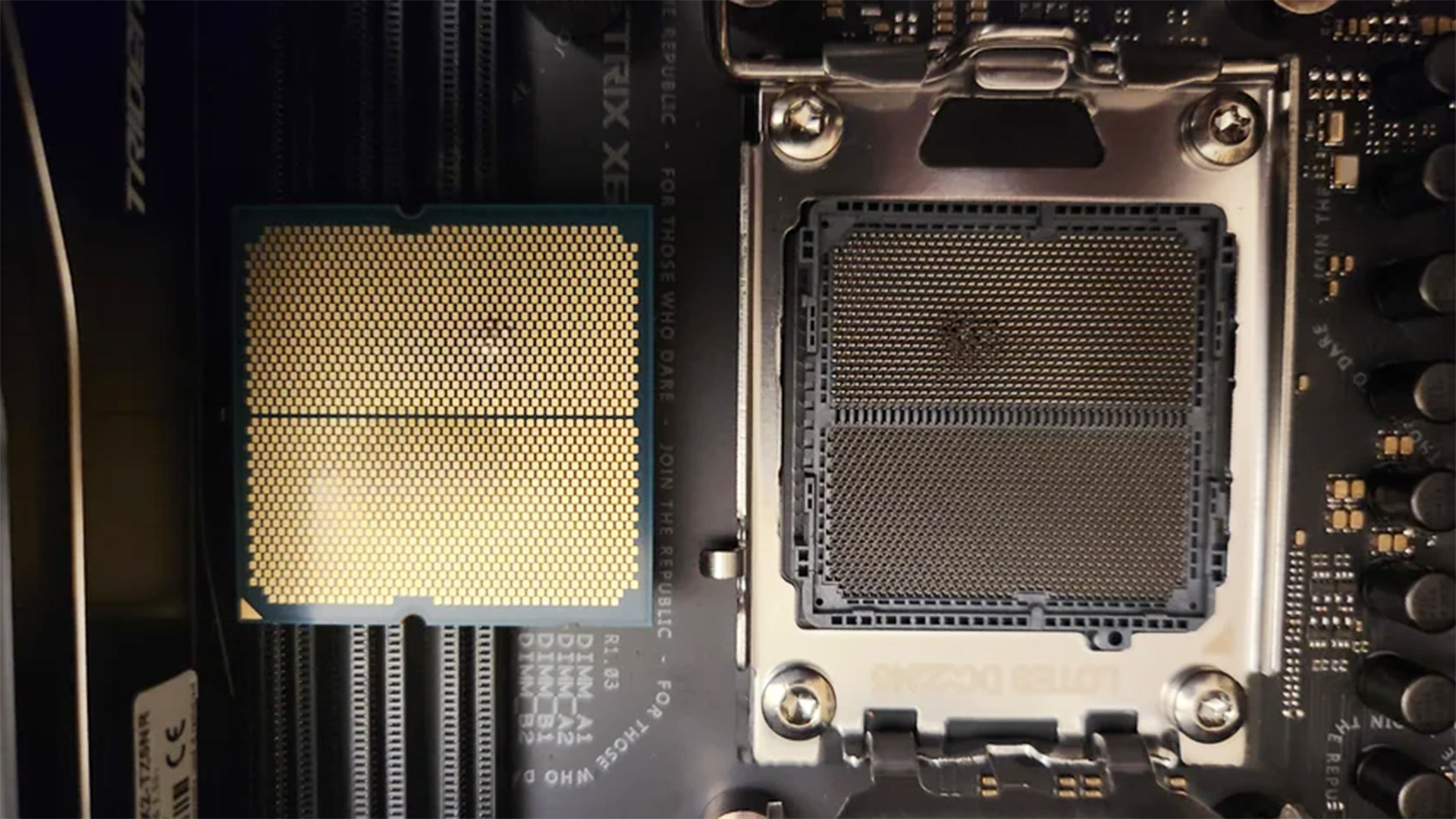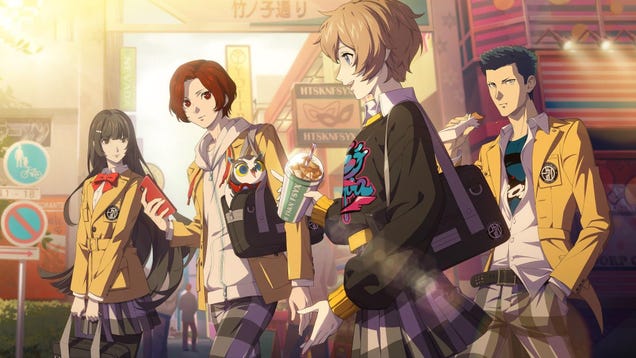
WePlay has announced that it has postponed the start of its CS:GO academy league following Russia’s recent wave of attacks on Kyiv.
The tournament was due to start on October 10 with the first group stage matches, but WePlay has announced that the league has been suspended following the recent wave of attacks, which has killed at least eight people and injured 24, BBC reports.
Eighty-three missiles have been launched by Russia on October 10, Ukraine’s air force spokesman Yuriy Ihnat has revealed. The deadly strikes on a number of cities across Ukraine come just days after the only bridge linking Russia with occupied Crimea was severely damaged in an explosion.
Russian President Vladimir Putin has accused Ukraine of being responsible for the explosion, which he called an “act of terrorism”.
Most of WePlay’s operations team is based in Kyiv, where residents have been forced to seek shelter from the air raids. Across the country, power outages have been reported after a number of key infrastructure facilities were hit by missiles.
“We are forced to postpone the start of WAL Season 6,” WePlay said in a statement. “Our main value is our employees’ safety, and we cannot expose them to additional risk. Further updates on the tournament start will be announced later.”
Currently in its sixth season, the WePlay Academy League features teams like NAVI Junior, MOUZ NXT, Young Ninjas and Fnatic Rising, with $100,000 on the line.
The first two seasons culminated in LAN Finals in WePlay’s studios in Kyiv, but in January it was announced that the tournament would pivot to an online-only format because of concerns over the “geopolitical situation in Ukraine” and the global health crisis.








